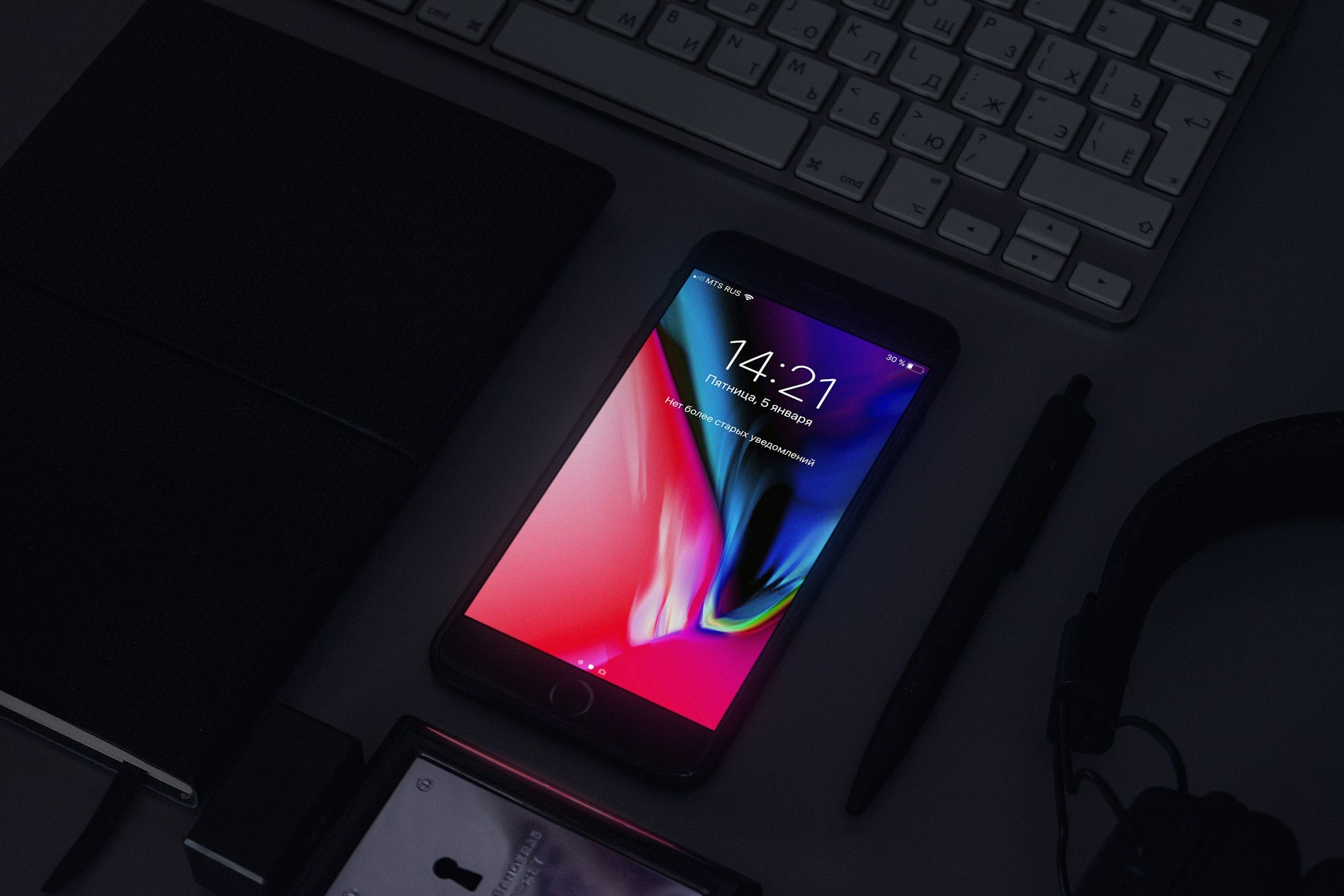Developing a healthcare app is a meticulous process that not only needs to cater to the user’s medical needs but also ensure the safety and security of their personal health information (PHI). Compliance with the Health Insurance Portability and Accountability Act (HIPAA) is crucial in this context, as it sets the standard for protecting sensitive patient data.
In this article, you will learn how to align your healthcare software development with HIPAA guidelines, ensuring that your application is not only beneficial for the user but also compliant with data security regulations.
A lire en complément : Streamline your workflow with powerful ai employees
Understanding HIPAA and its Importance in Healthcare Apps
Before delving into the process of developing a HIPAA-compliant health app, it’s essential to comprehend what HIPAA is and why it is vital in healthcare applications.
HIPAA, enacted in 1996, is a U.S. law designed to provide privacy standards to protect patients’ medical records and other health information. It applies to any entity dealing with patient information, which includes healthcare apps.
En parallèle : Best lofi sample packs for enhancing your laid-back music
Non-compliance with HIPAA can lead to hefty fines and damage to your business reputation. Hence, understanding HIPAA’s provisions and ensuring their incorporation in your healthcare app development process is crucial.
Incorporating Security Measures in the Development Process
A significant part of HIPAA compliance is ensuring the security of PHI. In a healthcare app, this involves incorporating security measures at every stage of the software development process.
Firstly, implement encryption for data at rest and in transit. Data at rest refers to inactive data stored physically in any digital form (e.g., databases). In contrast, data in transit is data actively moving from one location to another, such as across the internet or through a private network.
Also, include user authentication features, like biometrics or two-factor authentication, to ensure only authorized individuals have access to the PHI. Regular security audits and vulnerability assessments are also vital to detect any potential threats or breaches and address them promptly.
Ensuring Compliance through a Privacy Policy
Another critical aspect to ensure HIPAA compliance in your healthcare app is through a comprehensive privacy policy. This policy should outline how you collect, store, protect, and use patient data.
The privacy policy must be easily accessible to the app user and written in simple language. It should explicitly state that the app is compliant with HIPAA guidelines and detail how it achieves this compliance.
Training Your Team on HIPAA Compliance
The people behind the app are as crucial as the app itself when it comes to HIPAA compliance. Every member of your team, from the developers to the sales representatives, should be well versed with the HIPAA guidelines and understand their importance.
Regular training and awareness sessions can go a long way in achieving this. Your team should be aware of the potential consequences of non-compliance, both for the business and themselves. This knowledge will not only help them incorporate HIPAA guidelines into their respective roles but also create a culture of compliance within the organization.
Regular Auditing and Updating the App
Finally, HIPAA compliance is not a one-time task. It requires regular auditing and updating of your healthcare app as per the changes in HIPAA guidelines or any identified security vulnerabilities.
Regular audits will help you identify any non-compliance areas or potential data breaches, which you can then address promptly. Also, regular updates to your app will ensure that it stays compliant with the changing HIPAA regulations and meets the evolving needs of the users.
In summary, developing a HIPAA-compliant healthcare app involves understanding HIPAA guidelines, incorporating security measures, creating a comprehensive privacy policy, training your team on HIPAA compliance, and regularly auditing and updating the app. With these steps, you can ensure that your healthcare app not only helps users with their medical needs but also keeps their data safe and secure.
Keeping Up With HIPAA Regulations Changes
As a healthcare provider or app developer, understanding the importance of HIPAA compliance is necessary, but keeping up with updates and changes in regulations is equally crucial. The HIPAA regulations are constantly evolving to accommodate changes in technology and the healthcare landscape. Therefore, your healthcare software or app needs to be flexible to adapt to these changes.
Adjusting your application to comply with new or updated HIPAA regulations may involve modifying certain features, enhancing security measures, or updating your privacy policy. Therefore, it is recommended that a team member is always up-to-date with the latest HIPAA rules.
In addition, it is advisable to work with legal experts in the field of healthcare and data privacy. These professionals can provide guidance on the interpretation of HIPAA regulations and how they apply to your healthcare software or mobile app. They can also aid in the development of compliance policies and procedures, as well as training programs for employees.
Remember, non-compliance with HIPAA regulations can attract significant penalties. Staying updated with changes in HIPAA rules is not just about avoiding fines; it also helps in maintaining the trust of your app users and enhancing your business reputation.
Engaging Business Associates in Compliance Efforts
In the development and maintenance of a HIPAA-compliant app, often business associates are engaged. These could be third-party service providers who handle PHI on behalf of the healthcare provider, like cloud service providers, email encryption services, or an external team handling software updates.
Under HIPAA rules, business associates are also required to comply with regulations pertaining to the protection of PHI. They must have appropriate safeguards in place to ensure the confidentiality, integrity, and availability of PHI they handle.
Before engaging a business associate, ensure they understand their obligations under HIPAA regulations. It would be beneficial to have a Business Associate Agreement (BAA) in place, which outlines the responsibilities of the associate towards ensuring HIPAA compliance. The BAA should also detail the allowed uses and disclosures of PHI by the business associate, and the steps they must take in case of a security incident.
Regular audits of business associates are also recommended. This helps to ensure they are adhering to the terms of the BAA and HIPAA rules, thereby reducing the risk of data breaches.
Developing a HIPAA-compliant healthcare app is no small feat. It involves a deep understanding of the HIPAA regulations, incorporating robust security measures, developing an explicit privacy policy, and training your team on HIPAA compliance. Further, keeping up with changes in regulations and ensuring business associates are compliant are also vital aspects of the process.
When done right, a HIPAA-compliant app can greatly enhance the trust between healthcare providers and patients, as it assures users that their PHI is being handled with utmost care. Therefore, investing time and resources in developing a compliant software or app can go a long way in building a solid reputation in the healthcare industry, and ultimately, in delivering better patient care.











